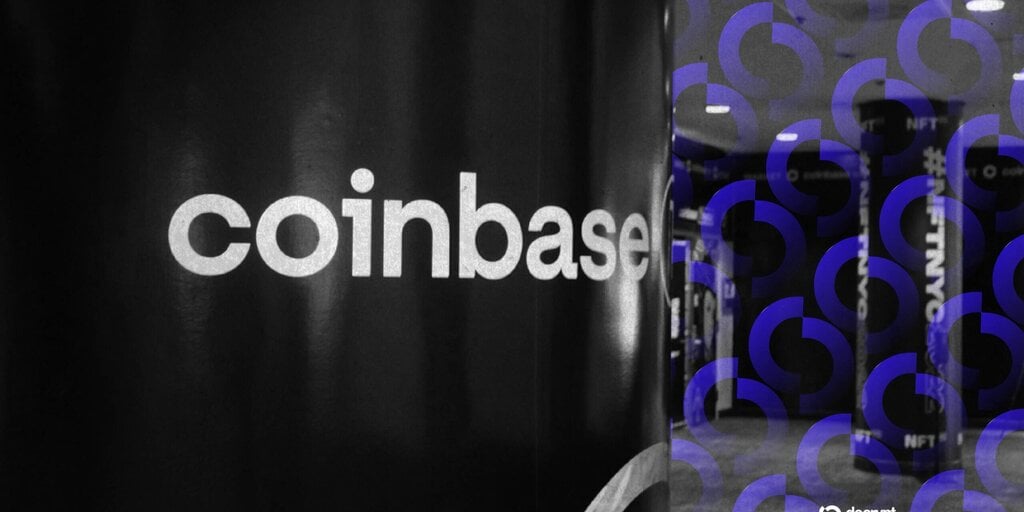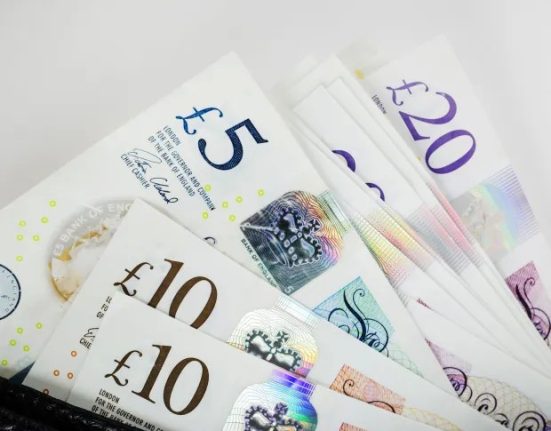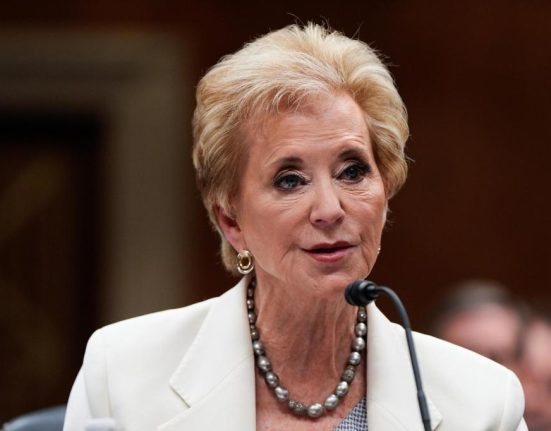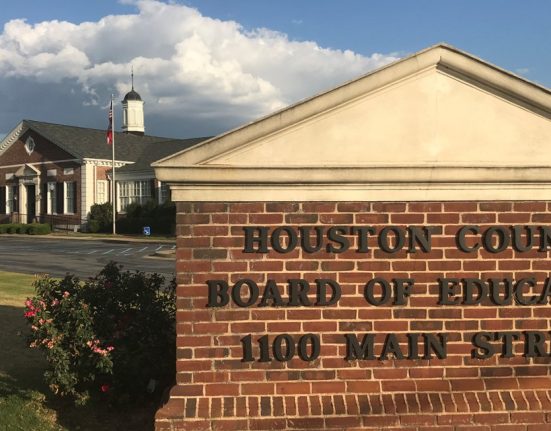In brief
- Coinbase has accused the Federal Deposit Insurance Corporation of “stonewalling” efforts to obtain Operation Chokepoint 2.0 records despite court orders compelling disclosure.
- Court filings reveal the FDIC categorically denied requests without searching and maintained policies to withhold bank examination records “in full” without review.
- The crypto exchange wants sworn testimony from FDIC officials and all agency denial letters from 2020-2024 to expose the scope of alleged anti-crypto banking pressure.
The Federal Deposit Insurance Corporation is deliberately blocking efforts to expose Operation Chokepoint 2.0 documents despite court orders compelling disclosure, Coinbase alleged in federal court filings Tuesday that accuse the banking regulator of systematic obstruction.
Paul Grewal, Coinbase’s Chief Legal Officer, revealed the filing in a series of tweets, saying that “staff at FDIC continue to stonewall our efforts to shed light on the previous administration’s Operation Chokepoint 2.0. We can’t and won’t stand for it.”
We also filed a motion to take additional discovery from the FDIC to get to the bottom of their FOIA practices, which as we’ve seen in our case are far from what the law requires. The agency should testify via a 30(b)(6) deposition and produce the letters it sends to FOIA…
— paulgrewal.eth (@iampaulgrewal) July 31, 2025
The crypto exchange filed an opposition brief and motion for additional discovery in federal court, challenging the FDIC’s attempts to dismiss their Freedom of Information Act (FOIA) lawsuit seeking “pause letters” that the FDIC sent to banks, ordering them to halt crypto-related activities.
With the Trump administration ushering in crypto-friendly policies, uncovering these alleged “historic misdeeds” becomes imperative “so that THEY NEVER HAPPEN AGAIN,” Grewal tweeted.
What is Operation Chokepoint 2.0?
The FDIC controversy has heightened concerns that regulators have marginalized crypto firms by cutting off banking access, which the industry calls “Operation Chokepoint 2.0.”
Coinbase’s opposition brief details how the FDIC’s appeal-denial letter acknowledged that its “decision to withhold was based upon a determination that the type of records being requested would be exempt, rather than making exemption determinations on a document-by-document basis.”
The filing reveals it took four court orders and six productions for the FDIC to identify and produce all documents responsive to the relatively narrow pause-letter request.
Internal FDIC policies obtained during the court-ordered information-sharing process show the agency instructs staff that any document covered by FOIA Exemption 8 should be “withheld in full” with “[n]o duty to segregate factual from analytical or deliberative material.”
The discovery motion asks the court to compel the FDIC to provide sworn testimony from agency officials about their document-handling procedures and to turn over all denial letters sent to other FOIA requesters between 2020 and 2024 when the agency withheld bank examination records.
The opposition brief also reveals that the FDIC took an “incredibly narrow illogical view” of Coinbase’s FOIA request, according to the presiding judge, initially limiting searches to only documents “shared with the OIG” rather than all pause letters described in the Inspector General’s report.
This narrow interpretation led the agency to miss numerous responsive documents.
During January court proceedings, the FDIC admitted it had no litigation holds or policy for preserving records in FOIA cases, and documents released the following month showed that banks seeking to work with crypto firms “were almost universally met with resistance,” according to the agency’s Acting Chair.
Coinbase’s legal fight has already forced the FDIC to release hundreds of pages revealing apparent efforts to discourage banks from serving crypto companies.
Daily Debrief Newsletter
Start every day with the top news stories right now, plus original features, a podcast, videos and more.







